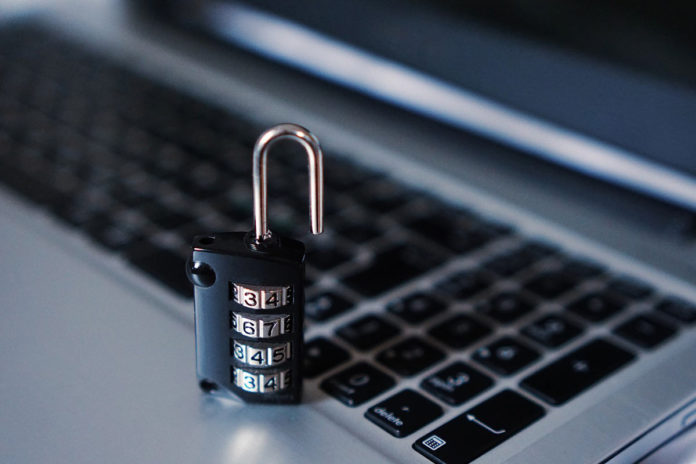
Every so often an event occurs that shakes us to the core in such a way that we take pause and evaluate how and why we do things. The coronavirus outbreak has been an event that has made us get back to the basics in a big way: avoiding close contact, cleaning our hands often and taking deliberate steps to protect others, especially those who are most vulnerable. These are similar steps you should take to improve your cybersecurity posture, and for the same reasons.
When the internet became more widely used, everyone commented how the world was getting smaller. The world went from sending messages via snail mail that took days, sometimes weeks, to fax, which took minutes, then “dial-up” connectivity, which was intermittent, to finally having an always on connection to the information super-highway for ultimate convenience. This also means that every connected device on the internet is mere milliseconds away from each other. A hacker halfway around the world is a split second away from being able to access your work desktop. It’s important to separate your devices not only from the internet via a firewall but separate your devices from each other with a proper internal network design to prevent the rapid spread of viruses, ransomware and attackers.
Just like we hear that we should be practicing “good hygiene” to protect ourselves from catching the coronavirus, we need to do the same for our electronic devices. We do this by installing anti-virus/anti-malware on every device that’s connected to the internet in any way. Modern anti-virus/anti-malware constantly scans your local file system checking for malicious software. Because all software is vulnerable (even Apple and Android products), you should update all your devices regularly, this includes your computers, firewall and all other electronic devices.
My last bit of advice is to protect those that are most vulnerable. What does that mean in cybersecurity? Protect the admin accounts at all cost. Never, ever, ever log into a computer with either a local or a domain administrator account for daily use. Any malicious piece of software that is accidently contracted will be run as that admin user and can infect the entire organization. Bonus tip: Just as visitors are now being tested before entering countries, guests on your Wi-Fi should not be allowed on your internal network.
We’ve covered three ways that you can improve your online security, and how these steps are similar to protecting your own health during a virus outbreak. Just as in the real world, the steps are easy in the virtual world, it just takes a little bit of awareness, a decision to make a change and some time to develop the new habit.
Brian Rohan is an Information Security Specialist with Phoenix Technology, a Vancouver IT consulting company that has been serving the Greater Vancouver area for more than 25 years. Rohan can be reach at 360-433-6930 or brohan@phoenixtechnology.us.






